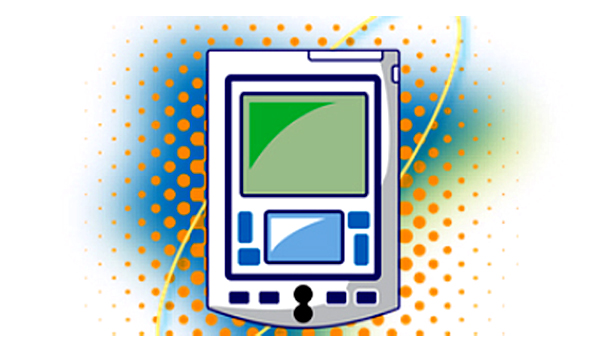Cash Accounting
Cash accounting is a bookkeeping method that records finances by only recognizing cash transactions and focuses on available funds.
Updated: November 3, 2023

Cash accounting is a bookkeeping method that records finances by only recognizing cash transactions and focuses on available funds. This technique is used by businesses to record transactions when they make or receive a payment. A transaction is only recognized after receiving a sale or a payment to a vendor for products or services.
Accounting software are used to save time and other resources through efficient financial data management. It is not feasible for large corporations, businesses that carry inventory, or organizations that provide services on credit since the cash method of accounting records expenses and revenue when the cash transfer is involved.
US companies and organizations with an annual average income of more than $25 million for three consecutive years are required to use an accrual basis of accounting under the Generally Accepted Accounting Principles (GAAP).
Reasonable learning curve, Up-to-date cash flow information, Tax purposes and Easier record management are advantages of cash accounting. Short-term accuracy, opportunities for data discrepancies, restrictions and loan are disadvantages of cash accounting.
An accounting system impacts tax calculations of a business. Only income and expenditures are recorded when cash changes hands in the cash method of accounting. Earned revenue and accrued expenses are recognized regardless of any cash credited or debited in the accrual method of accounting.
Advantages of cash accounting
- Simplicity: Cash accounting is straightforward, making it easy for small businesses to manage their finances.
- Real-Time Insight: Provides an accurate view of current cash flow.
- Reduced Complexity: Minimizes the need for complex accounting processes.
- Tax Benefits: May allow for more straightforward tax reporting and lower taxes in some cases.
- Suitable for Small Businesses: Ideal for businesses with modest transaction volumes.
- Reduced Record Keeping: Involves less extensive record-keeping compared to accrual accounting.
- Better Cash Management: Helps businesses manage cash effectively.
- Easier for Startups: Simplifies financial management for new businesses.
- Immediate Expense Recognition: Records expenses as they are paid.
- Improved Transparency: Offers transparency in terms of available funds.





